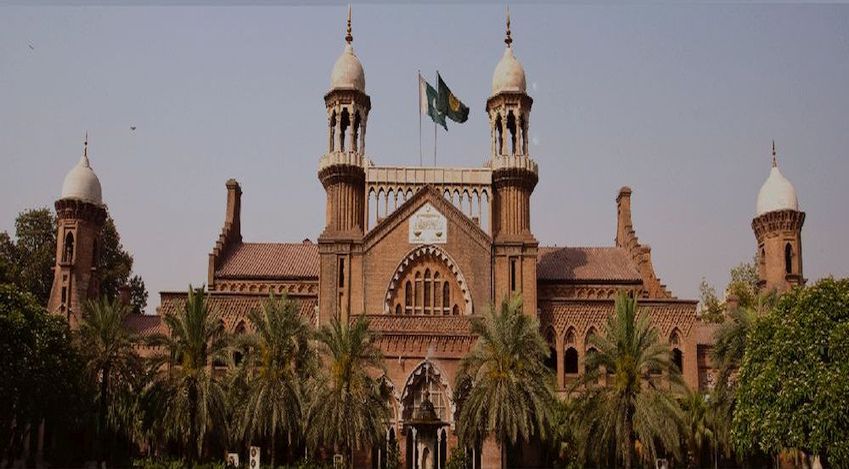Muslims in the Indo-Pak subcontinent are presumed to follow Hanafi Sunni jurisprudence unless proven otherwise --- Lahore High Court, Lahore
Islamabad 01-02-2025: The Lahore High Court, in a significant ruling, reaffirmed the legal presumption that Muslims in the Indo-Pak subcontinent are presumed to follow Hanafi Sunni jurisprudence unless proven otherwise. The judgment, delivered by Mr. Justice Ahmad Nadeem Arshad, dismissed a Civil Revision filed under Section 115 of the Code of Civil Procedure, 1908, challenging the concurrent findings of lower Courts regarding an inheritance dispute.
The case revolved around the inheritance mutation of (deceased), with the petitioners claiming that their father was a follower of Fiqah Jafria (Shia sect) and, therefore, inheritance should be distributed accordingly. The Respondents, the legal heirs of Khushi Muhammad, argued that the deceased was Sunni Hanafi, and the mutation granted in favor of the petitioners was unlawful.
The Trial Court (17.02.2010) and the Appellate Court (07.05.2011) had both ruled in favor of the Respondents, leading the petitioners to seek revisional relief before the Lahore High Court.
The primary legal issue before the Lahore High Court was:
- Whether (deceased) followed the Shia or Sunni sect?
Given the sect-based inheritance rules, the resolution of this issue was pivotal in determining the rightful heirs.
Citing the landmark judgment in Pathana Vs. Mst. Wasai (PLD 1965 SC 134), the Court held that in the Indo-Pak subcontinent, the initial presumption is that a Muslim follows Hanafi Sunni jurisprudence unless strong evidence to the contrary is produced. The burden of proof to rebut this presumption lies on the party asserting the deceased belonged to Fiqah Jafria.
Relying on Abdul Rehman Vs. Mst. Allah Wasai (2022 SCMR 399), the Court underscored that Articles 117 & 118 of the Qanun-e-Shahadat Order, 1984, place the burden of proof on the party asserting a fact before the Court. As the petitioners failed to present convincing evidence, the presumption of Sunni faith remained intact.
The Court noted several contradictions in the Petitioners’ evidence, particularly in the testimonies regarding:
- Who led the funeral prayer of deceased.
- Lack of knowledge about fundamental Shia beliefs (e.g., Bagh-e-Fidak).
- Contradictory statements on religious practices related to inheritance.
The Court criticized the summary nature of the Revenue Officer’s decision, highlighting that religious disputes in inheritance cases should be adjudicated by competent judicial authorities, not settled through mutation proceedings based solely on oral statements.
Mr. Justice Ahmad Nadeem Arshad reiterated that Revisional Courts do not interfere with concurrent findings of fact unless there is gross misreading or non-reading of evidence. He cited multiple precedents, including:
- Syed Husnain Naqvi Vs. Begum Zakara Chatha (2015 SCMR 1081)
- Noor Muhammad Vs. Mst. Azmat-e-Bibi (2012 SCMR 1373)
- Muhammad Sarwar Vs. Hashmal Khan (PLD 2022 SC 13)
The Civil Revision was dismissed for lack of legal merit. The Court found no misreading of evidence by the lower Courts and upheld their verdicts. The lower Courts’ findings were upheld.
This ruling reaffirms that:
- The Sunni sect presumption in inheritance cases remains valid unless strong rebuttal evidence is provided.
- Revisional jurisdiction under Section 115 CPC is limited to cases of gross legal misinterpretation.
- Revenue Officers cannot decide religious sect disputes without referring them to competent Courts.
Contradictory witness statements weaken claims in inheritance disputes.
Powered by Froala Editor








